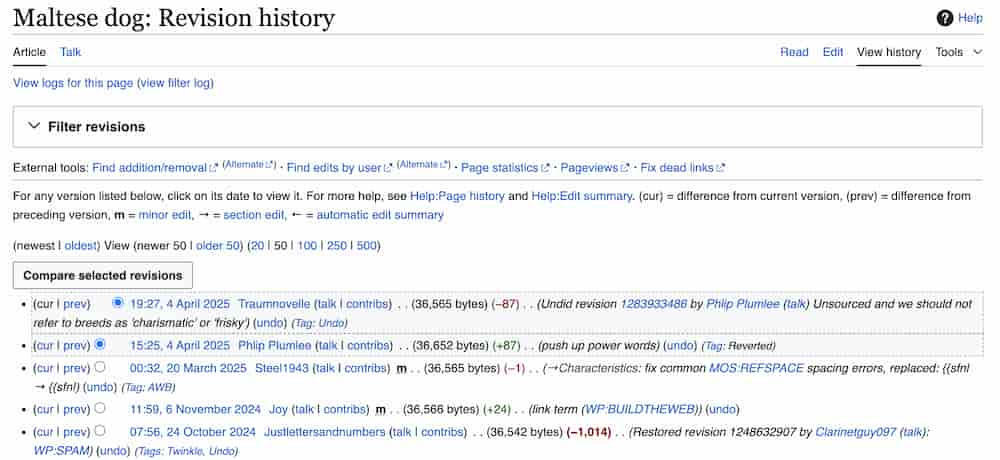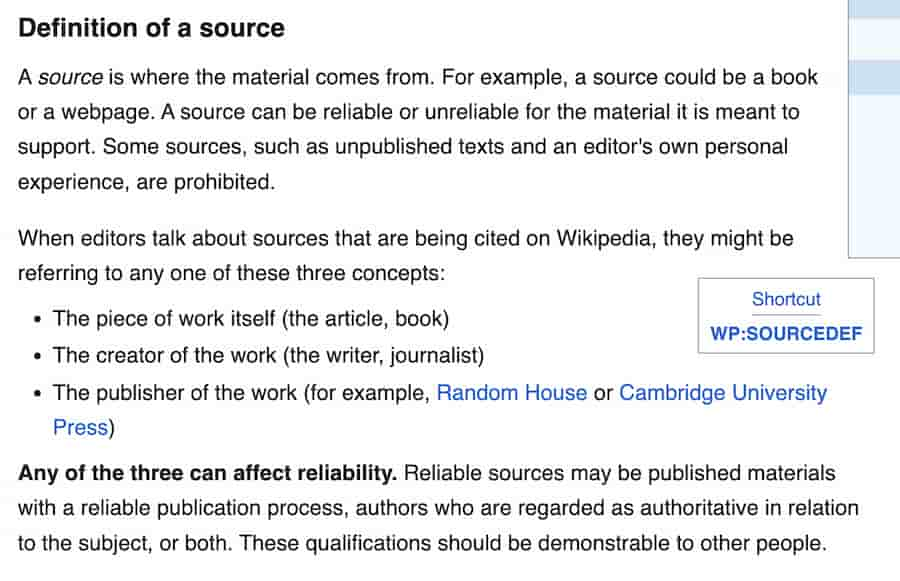How to Build Consensus on Wikipedia: Tips for Editing Success

The process of building consensus on Wikipedia often evolves into heated disputes that can feel like running a marathon. People start exchanging their views while teaching you about unfamiliar rules, which turns basic changes into complicated matters.
We’ve all been there. Wikipedia editors must navigate consensus development through a process that becomes as complex as commanding a ship with multiple captains without proper skills to manage it.
The path to consensus requires mutual effort, rather than insisting that a page conform to your personal preferences. The foundation of Wikipedia became workable through collaborative efforts, which produce better content.
The guide contains information about Wikipedia edit page discussions, which assists in forming enduring agreements. Let’s get started.
Key Takeaways
- Through Wikipedia, editors collaborate to create content instead of trying to control its direction. The combination of ideas leads to better results and superior discussions that transcend personal opinions.
- The fundamental principles of Wikipedia policy include the Neutral Point of View, along with Verifiability and the use of authentic, reliable sources rather than persuasive approaches. Your credibility becomes stronger through authentic knowledge than through persuasive techniques.
- Non-confrontational communication methods will lead conversations toward cooperation, which helps opponents feel more comfortable.
- State your position directly while backing it up with relevant Wikipedia policies, together with reliable sources. The approach separates specific points from discussion content so readers focus on information rather than personal opinions.
A search for common ground should be considered progress rather than a setback. The method of building productive edits through systematic development serves all participants in a positive way.
Some discussions reach an impasse that requires escalation. Wikipedia has dispute resolution services that include third-party opinions and both mediation and arbitration options. The tools should be deployed strategically to stop discussions from entering an endless cycle of repetition.
Every editing process provides unbiased, verified content that reaches readers who extend beyond individual users. Understanding Wikipedia’s main purpose helps editors conduct more effective discussions that prevent article deletion.
The following practical steps will help you improve your consensus-building abilities, thereby enhancing your editing skills and confidence.
Steps to Build Consensus on Wikipedia
Developing consensus needs both preparation and understanding of Wikipedia community guidelines, which extend past basic opinion statements and require mutual respect. Your initial time investment will create credibility, which builds cooperative relations that decrease editor conflicts. The following sequence provides a solid foundation before beginning discussions.
Know the Core Wikipedia Policies
The fundamental principles of Wikipedia establish the base for all discussions that take place on the platform. Three fundamental Wikipedia policies for successful discussions are Neutral Point of View (NPOV), Verifiability, and No Original Research. The NPOV policy works best when discussing proposals about company promotion. You can manage proposals through policy guidelines and by mastering NPOV rules, instead of expressing personal opinions.
Check out Wikipedia’s “Policies and guidelines” summary page and the Five Pillars policy page directly. Your application of platform principles for supporting editing suggestions shows your dedication to Wikipedia’s purpose instead of personal interests.
Get Context on Previous Conversations and Edits
Always read the article content along with its editing history and past discussions before initiating a talk page discussion. The discussion about source validity persists with an unresolved issue and controversy without obtaining a final decision. You can apply existing knowledge of the topic to offer solutions before revisiting previous points of discussion.
You can locate Wikipedia edit information through the history tool or talk page archives. Reviewing previous discussions enables you to recognize points of disagreement, which allows you to incorporate new insights that stop past arguments from repeating.

Reliable Sources With Verifiable Information Should Be Your Foundation
Once you have established credibility as an editor, you can begin creating consensus discussions. The reliable sources guidelines on Wikipedia give you optimal methods to defend your points during discussions. Official news organizations, academic journals, blogs, social media, and press releases should always be validated during opposition to your claims. High-level sourcing offers two advantages since it proves your dedication to accurate and neutral content and makes your arguments more compelling for others.

Your sources should include a mix of Google Scholar, reputable news outlets, respected research databases, and recognized government resources. Always vet each source carefully. Is the author known for their valid reputation? A trustworthy publication maintains its position as an authoritative source among reliable sources. Your commitment to accuracy and neutrality becomes clear through your verified source selection because it proves your dedication to creating unbiased content.
Through strategic preparation you can handle discussions more effectively, which results in quicker dispute resolutions that produce meaningful progress. The combination of preparation with suitable methods creates an easy path toward building consensus. These conversations will enhance your editing skills and improve Wikipedia quality through the combination of sound context, knowledge of Wikipedia guidelines, and clear evidence.
Conclusion
Wikipedia editing goes beyond following rules and maintaining factual accuracy. The effectiveness of your Wikipedia edits relies on teamwork and efficient dialogue management, as well as handling diverse points of view. The construction of Wikipedia demands that editors put aside personal interests and work collectively toward building a better page.
Before starting your upcoming edit, take time to plan your work in a collaborative structure that supports productive communication. Do you possess enough willingness to compromise for the good of the page? When you engage in editing conversations with others, you enhance both the encyclopedia and your personal development.
The online space gains an effective dialogue system through authentic consensus discussions that emerge from Wikipedia discussions. Your every edit to Wikipedia works toward the platform’s wider goal, even if you do not edit regularly.
After your next debate or dispute ends, ask yourself which part of Wikipedia’s mission of accessible, verifiable knowledge for all you contributed to. Your dignified behavior brings more value to your contribution than any particular editorial content does.
Tags: Wikipedia.
